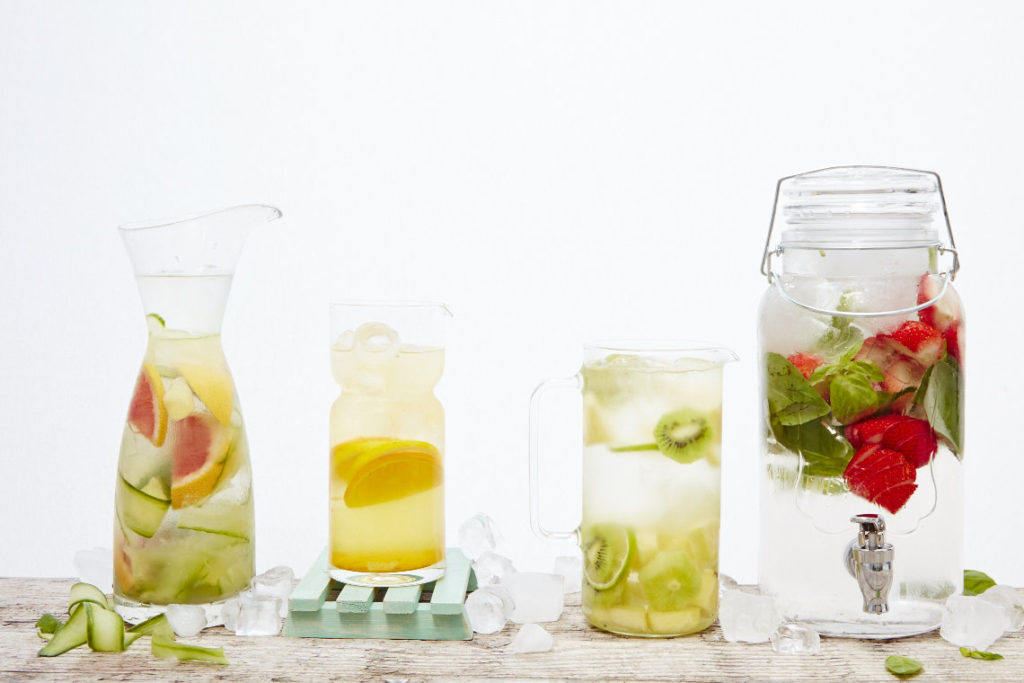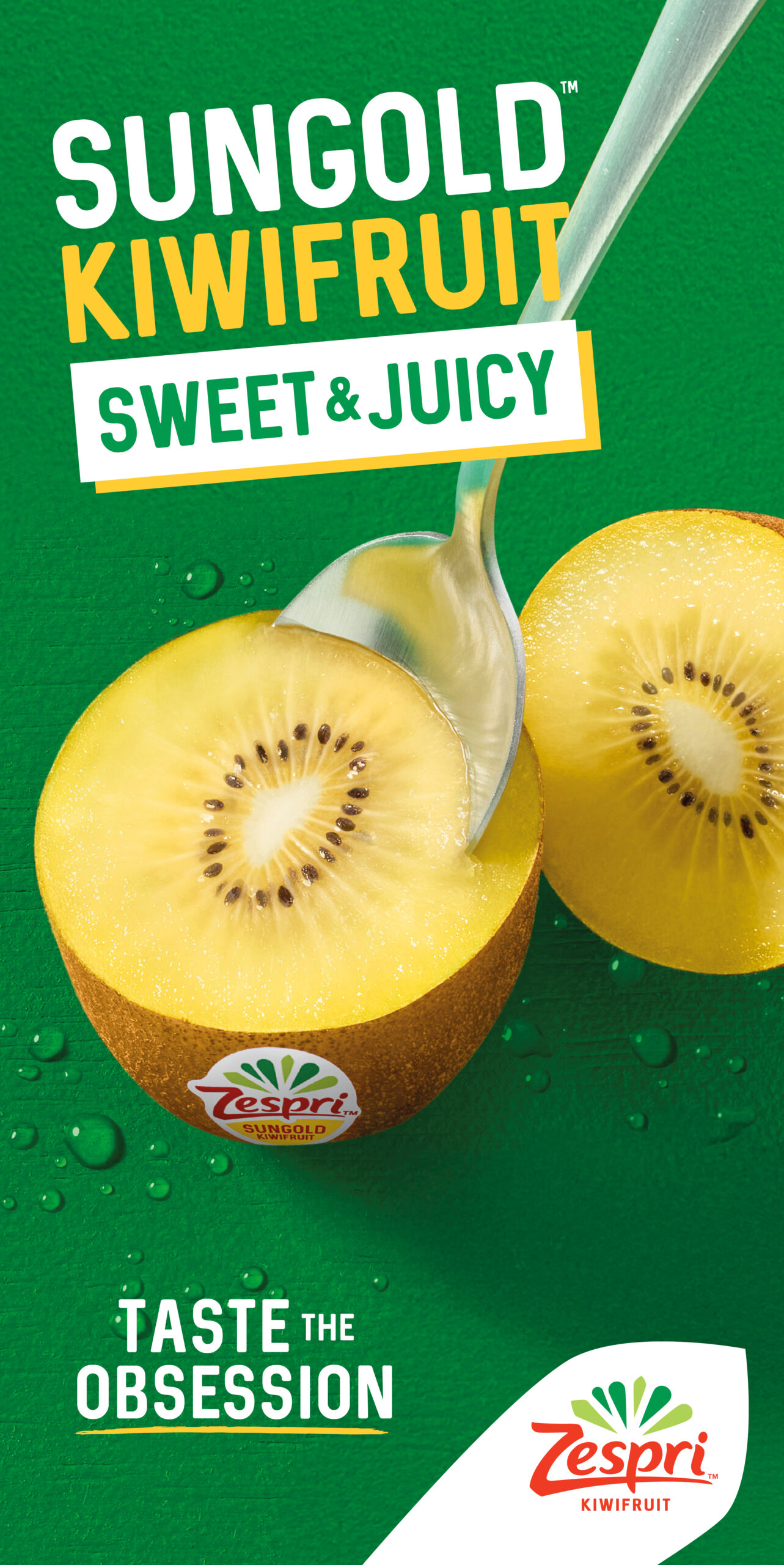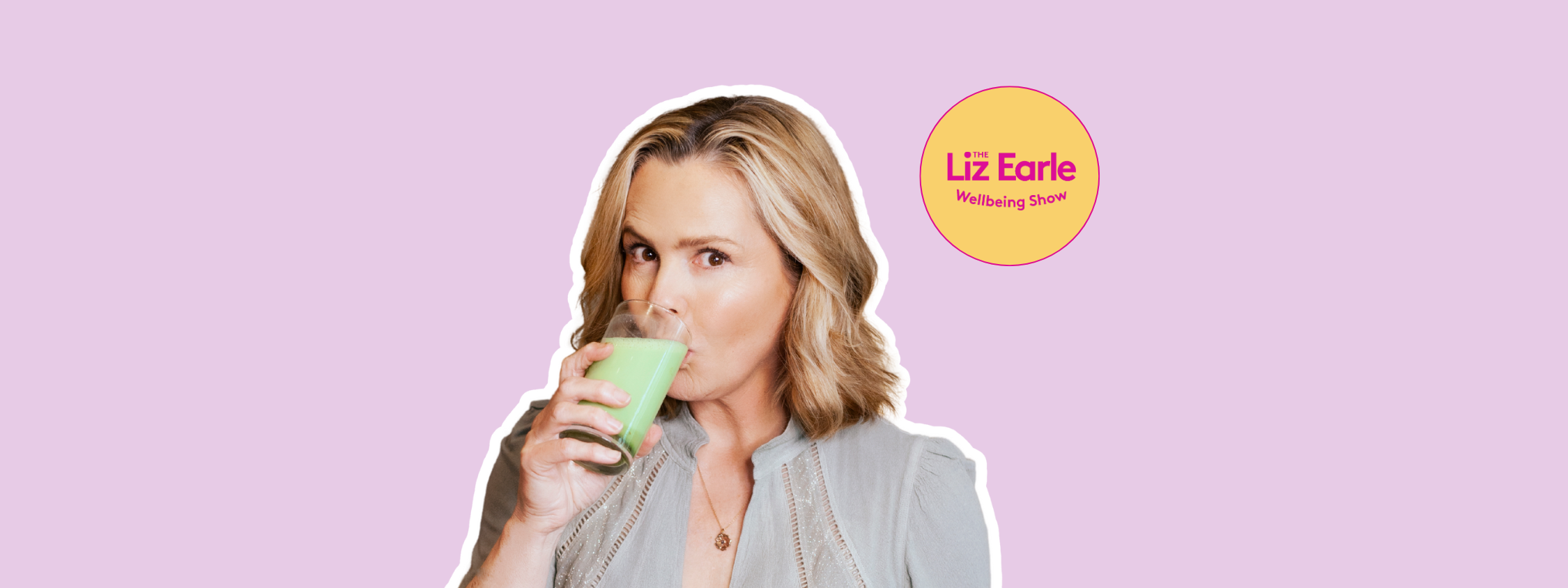What are electrolytes?

You’ll see them mentioned on the side of sports drinks, rehydration sachets and even hangover cures, but what are electrolytes and what can they do for our bodies?
What are electrolytes?
Electrolytes are essential for our health and are used for cell function all over the body. In short, they’re electrically charged minerals that we mostly get from our diet. We need both electrolytes and fluids for our bodies to work effectively. They conduct electricity when mixed with water. They also help to balance fluid levels in the body, keeping our cells hydrated. Our muscles and neurons rely on them. This is why you’ll often see electrolyte drinks on the shelves claiming to aid recovery after exercise, or alcohol.
There are different types of electrolytes to look out for. These include:
- Sodium
- Phosphate
- Potassium
- Calcium
- Magnesium
- Chloride
- Bicarbonate
You’ll recognise many of these as things we naturally include in our diets. Without them, our muscles can become weakened or excessively contract, like when you have cramp. Without them, you may also notice you feel more tired, thirsty or weak.
Why might we need to supplement them?
Electrolytes need to stay within a certain level in our cells. Sometimes, our bodies don’t always have the right levels of electrolytes. This is called an electrolyte imbalance. This can happen for a number of reasons, such as dehydration. Excessive sweating, exercise and illnesses that make the body lose large amounts of fluids can cause an imbalance. This can also happen as a result of kidney conditions that can affect how our body processes potassium.
Another key time we may need to replace our electrolytes is when we’ve been drinking. Alcohol is a diuretic. This means it’s a substance that dehydrates our body and makes us need to go for a wee more frequently than usual. This explains why you can feel so thirsty after you’ve been drinking. Being dehydrated means your body will find it more difficult to flush out the toxins that are found in alcohol. This can lead to the headaches, upset stomach and nausea we often associate with a hangover. Being dehydrated imbalances our electrolytes, which exacerbates the fluid problems in our cells.
Electrolytes provide us with the minerals to help us retain fluids and expel the things we don’t want. This means they can be one of the best remedies after a night of drinking.
How can we add them to our diets?
Our diet is the source of most of our electrolytes. We can make sure we’re getting enough by getting a balanced diet. Foods to look out for include leafy greens such as cabbage and kale, as well as sources of protein including nuts, beans and tofu. Dairy, such as butter, milk and yoghurt, is also great for maintaining healthy amounts of electrolytes.
Making sure we’re drinking enough water is crucial, but similarly it’s important not to overdo it. Too much water can start to flush out some of these important minerals. Balancing salt intake is also crucial, as this is a key part of the mineral balance in our body. You can also help by avoiding strenuous exercise and sweating during the hottest parts of the day.
What about supplementing?
You probably see the word electrolyte most often on specialist recovery products. These can be a very handy way of getting them on board when we need an extra boost. They’re recommended over water to drink if you’ve been doing strenuous activity that has caused you to sweat a lot. Drinks and fizzing tablets are all widely available in supermarkets, but how do they work?
These products will usually contain sodium, magnesium, potassium, chloride, and calcium – the electrolyte minerals we tend to lose when we sweat. Our body can absorb these fairly easily, like it does with these minerals in our diet, and can use them to rehydrate our cells.
Sachets of powder, pre-made drinks and fizzing tablets can all be effective when it comes to rehydrating. If you’re travelling, or want to cut down on plastic waste, powders to mix into water can be your best bet. Be warned, they aren’t always the best tasting… Some may also contain unwanted additives such as artificial colourants and chemical sweeteners such as aspartame. They should all contain some form of sugar, as this helps the balanced rehydration process.
A note on salt
Not all salts were made equal when it comes to electrolytes. For example, Himalayan salt contains five times the amount of calcium and 10 times the potassium of ordinary table salt. Look out for good quality sea, such as Maldon salt or Celtic salt, or Himalayan salt, which gets its pink hue from trace amounts of iron. These salts are naturally occurring and their traces of additional minerals may be beneficial, especially when making a homemade electrolyte rehydration drink. However, unlike refined table salt they are not routinely fortified with iodine (iodised salt).
The Liz Earle ‘livener’ recipe
This is one of Liz’s favourite recipes for an electrolyte restorer. Whip this up in the morning and it will hopefully leave you feeling a little more spritely!
In a glass of warm water, mix the juice of ½ lemon, ¼ tsp good quality salt (eg. sea salt) and 2 tsp real runny honey – ideally from a local beekeeper rather than a blended mix. It’s easiest to tip into a jam jar, give it a good shake and then drink.




